The study authors used data from the US National Health and Nutrition Examination Survey over 18 years. They determined the participants' daily bean intake, which included a variety of beans such as kidney beans, black beans, chickpeas, and pinto beans.
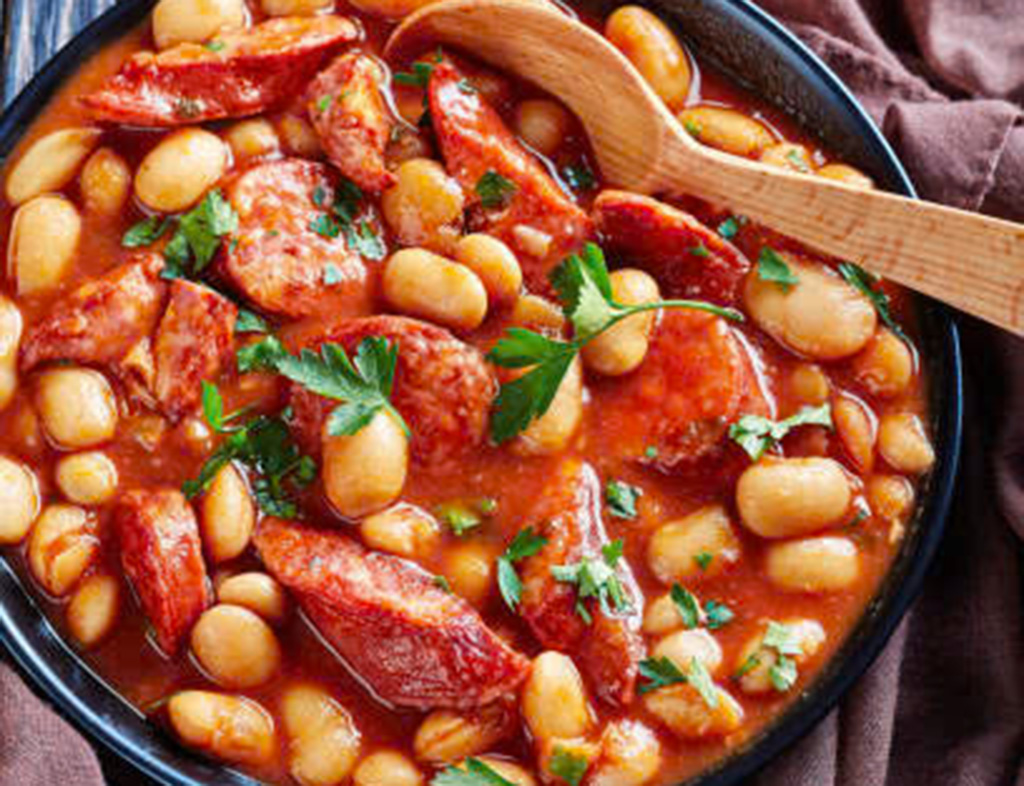
Eating an additional 1-2 servings of beans per day significantly increased diet quality scores.
Results found that older adults who consumed more beans had significantly increased levels of several deficient nutrients, including dietary fiber, potassium, magnesium, iron, folate, and choline.
Specifically, eating 1-2 more servings of beans per day significantly increases the diet quality score given by the US Department of Agriculture .
With 1 additional serving of beans increasing the diet quality score by 15% and 2 servings of beans increasing this score by 19%, compared with the usual diet.
Notably, according to research published in April and June of this year, diets rich in red beans, black beans, pinto beans, and chickpeas significantly increased diet quality scores. The highest diet quality score reduced the risk of cardiovascular disease by up to 24%, the risk of coronary heart disease (narrowing or blockage of the blood vessels that carry blood and oxygen to the heart) by 31%, the risk of stroke by 20%, the risk of diabetes by 23%, and the risk of cancer by 6%, according to Scitech Daily.
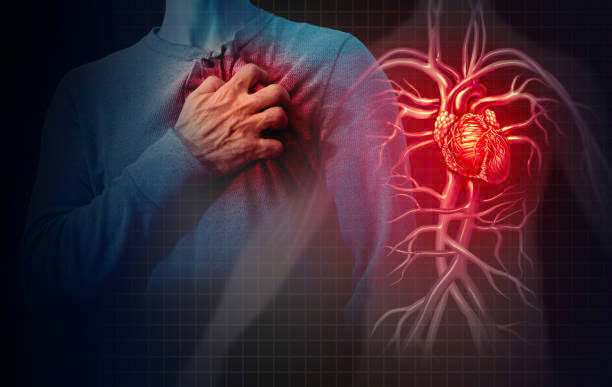
The highest diet quality score was associated with a 24% reduction in overall cardiovascular disease risk.
The results also showed that in both older and younger adults, beans significantly increased daily fiber intake. This is important because less than 1 in 10 adults meet fiber recommendations for optimal digestion and the prevention of chronic diseases, including cardiovascular disease, diabetes, obesity, and some cancers.
Additionally, most older adults do not meet the recommended intake of potassium. According to the American Heart Association, foods containing potassium can help control blood pressure by reducing the effects of sodium, and the more potassium you eat, the more sodium your body will excrete.
Study author Yanni Papanikolaou, vice president of Nutritional Strategies Inc., said: “This study clearly shows that eating beans is good, but the more beans the better. Beans are a rich source of fiber, folate, potassium, and an excellent source of plant protein, while also providing iron and zinc.
However, it should be noted that eating a lot of beans when you are not used to it can cause bloating and intestinal discomfort. These side effects are not dangerous but can cause discomfort and stomach pain for some people. Therefore, when adding beans to the diet, you should gradually increase the amount of beans to give your intestines time to adapt, according to the medical website Medical News Today.
Source: https://thanhnien.vn/phat-hien-mon-an-doc-dao-giup-nguoi-lon-tuoi-tranh-benh-tim-dot-quy-tieu-duong-185241014183526695.htm


![[Photo] Cutting hills to make way for people to travel on route 14E that suffered landslides](https://vphoto.vietnam.vn/thumb/1200x675/vietnam/resource/IMAGE/2025/11/08/1762599969318_ndo_br_thiet-ke-chua-co-ten-2025-11-08t154639923-png.webp)











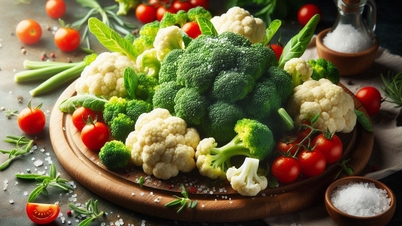



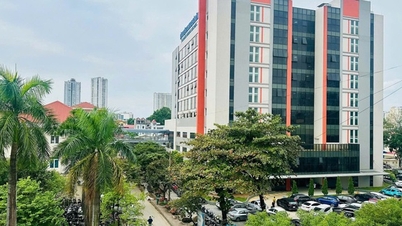
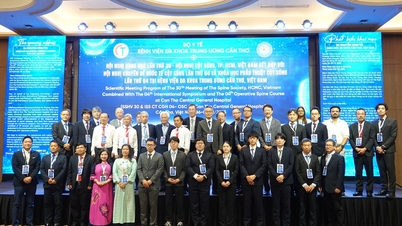












![[Photo] "Ship graveyard" on Xuan Dai Bay](https://vphoto.vietnam.vn/thumb/1200x675/vietnam/resource/IMAGE/2025/11/08/1762577162805_ndo_br_tb5-jpg.webp)







![[Video] Hue Monuments reopen to welcome visitors](https://vphoto.vietnam.vn/thumb/402x226/vietnam/resource/IMAGE/2025/11/05/1762301089171_dung01-05-43-09still013-jpg.webp)




































































Comment (0)